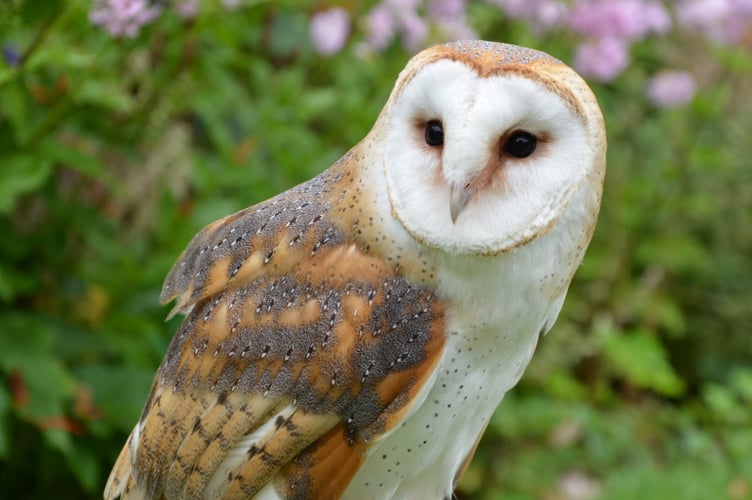Nature charities across the country, including the Devon Wildlife Trust, are calling on peers to make a ‘vital’ amendment to the Planning and Infrastructure Bill (PIB).
The bill is designed to speed up and streamline the build of 1.5 million safe and decent homes in England.
But campaigners are arguing that part three of the bill threatens to undermine the protection of wildlife by taking too much of a ‘broad brush’ approach.
Peers are urged to adopt an amendment to part three, to reduce the risk of damaging an already severely diminished natural world, alongside supporting efforts to further minimise the threat by adding a mitigation hierarchy to the bill.
Craig Bennett, chief executive of The Wildlife Trusts, says: “It’s crunch time for improving this extremely damaging bill and for reducing its very real risk to wildlife.
“Report after report catalogues appalling nature declines – only last week we heard of another species becoming extinct in Europe, the beautiful slender-billed curlew.”
Campaigners are objecting to Part Three of the PIB. This introduces a new system where environmental impacts of development in some locations could seek to be addressed through Environmental Delivery Plans (EDPs).
As the bill nears its final debate in the House of Lords, The wildlife trusts are calling on peers to support amendment 130 – tabled by Baroness Willis of Summertown and a strong coalition of other peers – which would remove sensitive natural habitats and species from the EDP process.
The peers’ proposal would mean that protected wildlife – from woodlands and sand dunes to otters and barn owls – would not be covered by EDPs and so be saved from a ‘broad brush’ approach which threatens to undermine their protection.





Comments
This article has no comments yet. Be the first to leave a comment.